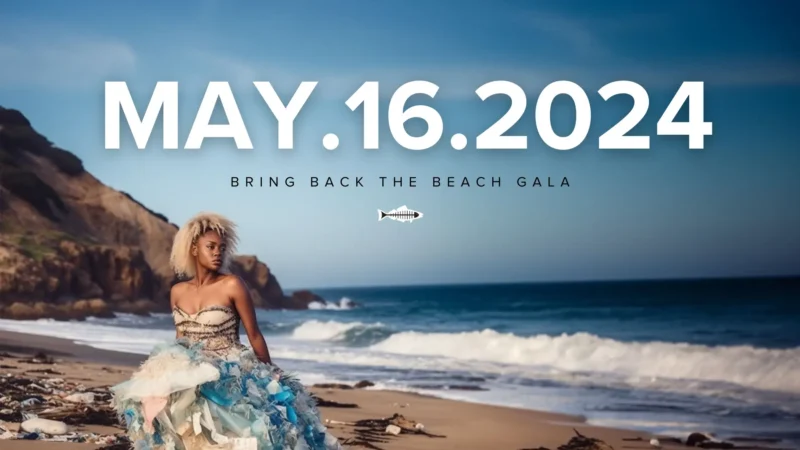Plastics Threaten Ocean Ecology and Our Food Web
Long Beach / AvalonMalibu / Pacific PalisadesMarina del Rey / Playa del ReyNewsPalos Verdes PeninsulaSanta MonicaSouth BayVenice Beach
They may be small, but sea skaters are alerting scientists to the immense perils posed by plastic pollution in the ocean.
“We’re seeing changes in this marine insect that can be directly attributed to the plastic,” says Miriam Goldstein, a researcher at the Scripps Institution of Oceanography at UC San Diego, who’s studying these invertebrates.
Goldstein told the Inter Press Service (IPS) that sea skaters now lay their eggs on the abundant fingernail-sized pieces of plastic floating in the middle of the North Pacific Ocean instead of relying on a passing seabird feather or bit of driftwood.
According to IPS, the study is the first proof that plastics in the open ocean are affecting marine invertebrates with consequences for the entire marine food web because nearly all plastics break down into smaller and smaller pieces and everything from turtles to seabirds and fish mistake bits of plastic as food (read more here).
Researchers at Scripps have also reported that nine percent of the fish collected during their expedition to the Pacific Gyre (the site of the Great Pacific Garbage Patch) had plastic waste in their stomachs. They estimated that fish in the intermediate ocean depths of the North Pacific Ocean ingest plastic at a rate of roughly 12,000 to 24,000 tons per year.
One of the ways Heal the Bay is working to reduce the amount of plastic that ends up polluting the ocean and threatening the fish we consume, is by advocating for a ban on single-use plastic bags in Los Angeles, with the long-term goal of establishing a statewide ban. Less than five per cent of the 19 billion plastic bags used in California every year are recycled and many of these plastic bags become litter and eventually end up polluting our oceans.
Join our fight against plastic bags and take action today.
Find out more about marine debris.



